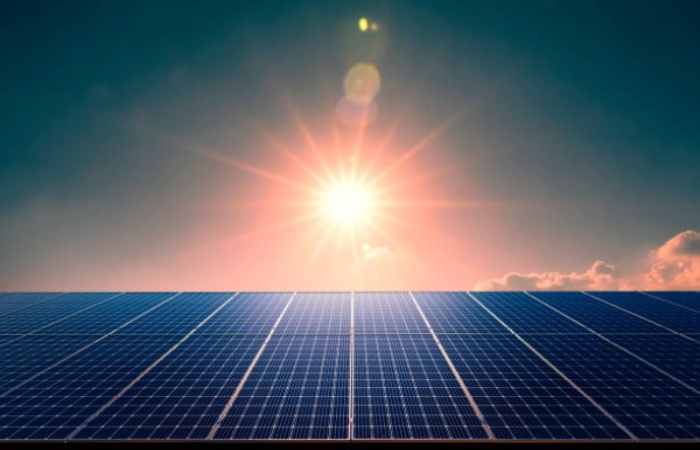Selecting the right photovoltaic supplier can make or break your solar energy project, whether you’re powering a small business, large factory, or a residential installation. With the European Union leading the charge in renewable energy, there’s a lot to consider when choosing a reliable partner for solar technology.
From high-quality solar modules to dependable service, knowing what to look for in a supplier helps ensure your solar investment is a win-win. Here’s a guide to navigating the photovoltaic wholesale market in the EU.
Look for a Proven Track Record
A strong reputation in the photovoltaik market is one of the best indicators of a reliable supplier. You want a supplier with a proven track record of success, backed by positive reviews and years of experience in solar technology. Suppliers with long-standing relationships with global manufacturers often offer better products, reliable service, and are more responsive to industry trends.
Digging into a supplier’s history might reveal important details, like whether they’ve handled projects of your scale before or how well they adapt to new solar technologies. Ask for case studies or client testimonials—these can provide valuable insights. And keep an eye out for Bloomberg Tier 1 designations for suppliers with access to top-quality, bankable photovoltaic brands. In a growing market, it pays to trust those with a history of excellence.
Evaluate Product Range and Quality Standards
Photovoltaic technology isn’t a one-size-fits-all scenario. The right supplier will offer a diverse selection of high-quality products, including solar modules, inverters, and battery systems, to cater to various needs.
Quality assurance is crucial, so look for suppliers who provide equipment that meets European and international certifications, such as CE marking, IEC standards, and Bloomberg Tier 1 classification. These credentials indicate that the products undergo rigorous testing and can withstand European climates.
A supplier with a broad range of products means you can source everything you need under one roof—saving time and simplifying logistics. When evaluating the product range, it’s also worth asking about after-sales support.
Suppliers committed to solar energy will stand behind their products, offering warranties and assistance to keep your systems running efficiently. With a supplier like this, you’ll be able to confidently select equipment that’s built to last.
Assess Customer Service and Technical Support
Solar energy may power your project, but stellar customer service can power your relationship with a photovoltaic supplier. Look for a supplier that offers more than just delivery. You’ll want access to technical support before, during, and after installation.
Ideally, a good supplier will have technical experts who can answer questions about solar technology, offer advice on photovoltaic equipment compatibility, and guide you through potential troubleshooting steps.
Consider what resources are available to you as a client. A well-organized supplier often provides an online customer portal where you can manage orders, track shipments, and access documentation. Having these resources at your fingertips simplifies your work and helps you stay organized.
Quick response times, willingness to answer questions, and knowledgeable support staff are key indicators that you’ve found a supplier who values their customers.
Look Into Logistics and Financing Options
Reliable logistics are critical when choosing a photovoltaic supplier in the European Union. Timely delivery of solar modules and components can be essential for project schedules, especially when dealing with installation windows or planning around weather conditions. It’s worth asking suppliers about their partnerships with logistics providers to understand if they can deliver when and where you need it.
Many suppliers now also offer financing options, which can be especially useful for businesses investing in large-scale solar power systems. Look for suppliers willing to discuss flexible payment terms or leasing options that can be tailored to your project’s cash flow.
This flexibility can help you get the photovoltaic equipment you need without straining your budget. A good supplier should offer these additional services to ease the burden and allow you to focus on the project itself.
Conclusion
Choosing the right photovoltaic supplier is essential for ensuring a successful solar power project in the European Union. By focusing on a supplier’s track record, product quality, customer support, and logistics, you’re more likely to find a partner who will help your solar investment thrive.
With solar energy becoming a bigger part of Europe’s power grid, finding a reliable distributor of photovoltaics can make your transition to renewable energy smooth and efficient.
Whether you’re sourcing solar modules for residential, commercial, or industrial projects, choosing wisely now will lead to a brighter, greener future. Embrace the shift to solar technology, and partner with a supplier that understands and supports your vision.
